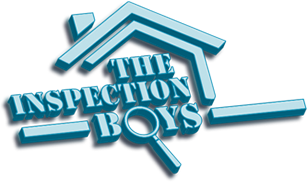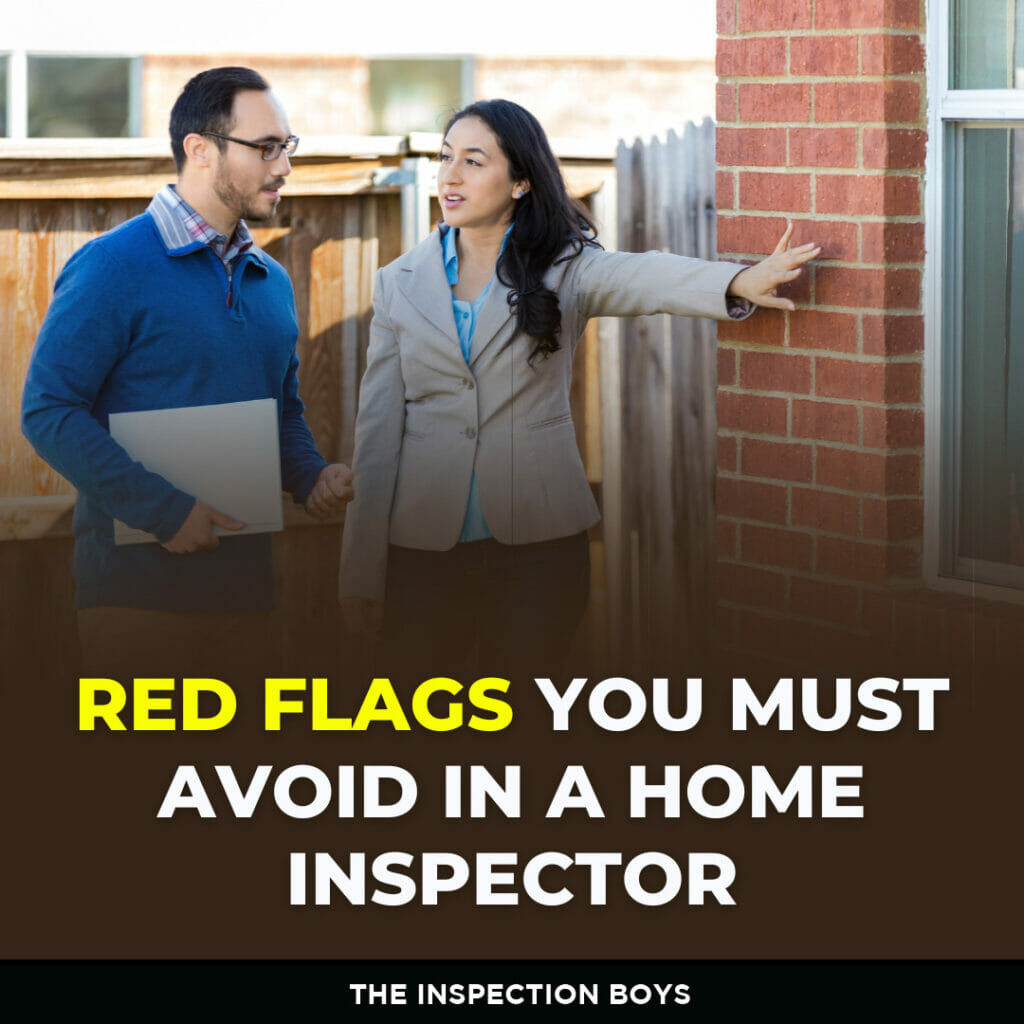A home inspection is a vital step in the home-buying process. It allows you to assess the property’s condition and identify any major repairs that need to be made. However, the quality of the home inspection varies depending on the inspector who will conduct the inspection. That is why it is important to choose the right home inspector for you. Here are five red flags you must avoid when choosing a home inspector.
1. The home inspector doesn’t have liability insurance.
A good home inspector will have liability insurance to protect both themselves and you, the buyer. This insurance will cover any damages during the inspection or due to the inspector’s negligence. If the inspector doesn’t have liability insurance, move on to someone who does.
2. The home inspector needs to gain experience with your property type.
There are many different types of properties out there, from single-family homes to multi-unit buildings. Make sure that the home inspector you choose has experience with your type of property so that you can be confident they know what to look for and what issues to look out for.
3. The home inspector needs to be certified by a professional organization.
While certification is not required to be a home inspector, it is highly recommended. Certification by a professional organization such as the National Association of Certified Home Inspectors (NACHI) shows that an inspector has undergone rigorous training and meets high standards for their profession. Do not hesitate to check on the home inspector’s credentials to see if they have undergone proper training and if these home inspection organizations recognize them.
4. The home inspection report needs to be more detailed.
A home inspector must provide the client with a comprehensive and detailed written report. When you receive the home inspection report, ensure it is thorough and provides enough detail to make an informed decision about the property. If the report is scant on details, it may mean that the inspector was sloppy in their work or missed something important. Move on to someone who provides a more comprehensive report.
5. The home inspection took less than two hours.
A thorough home inspection should take at least two hours, even for a small property. If the inspection takes less than two hours, it’s likely the inspector rushed through it and didn’t do a thorough job. This could leave you with unforeseen repairs down the road.
Conclusion
Homebuyers should avoid these five red flags when choosing a qualified professional to inspect their future homes—liability insurance, certification, lack of experience with your type of property, scant details in inspection reports, and inspections lasting less than two hours long are all warning signs indicating an insufficiently trained individual who will likely miss important aspects of your future home. Choosing a reliable home inspector is important. That is why you need to do your research. Researching different inspectors before selecting will help you get unbiased information about your investment from a certified professional organization. You can either ask for recommendations from reliable people or verify through the home inspection website reviews.

